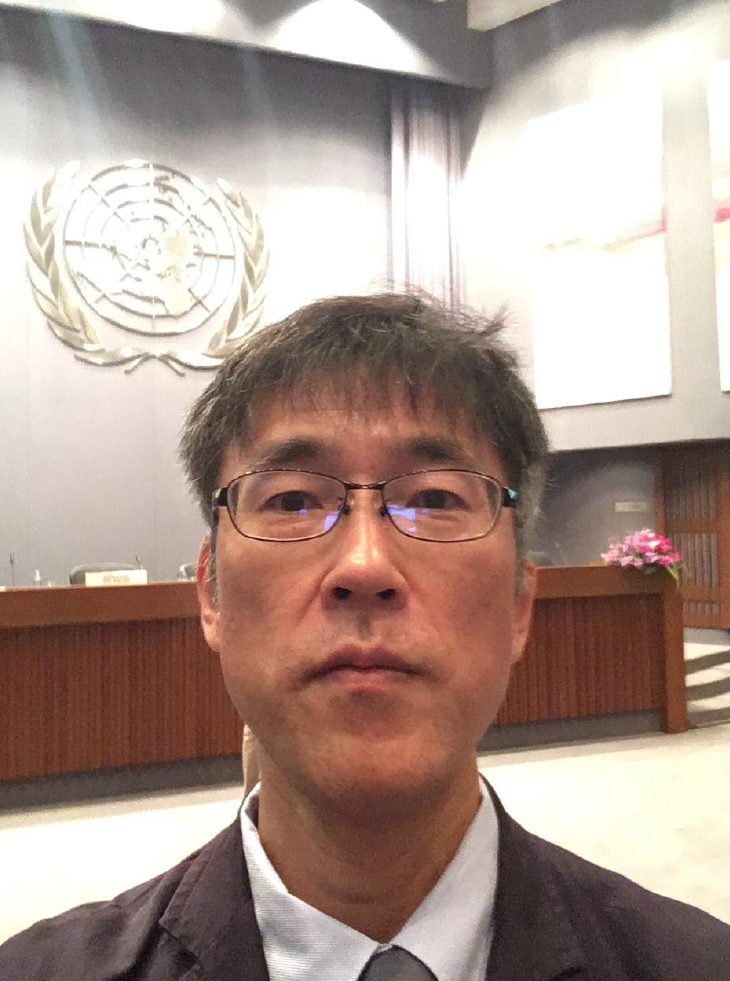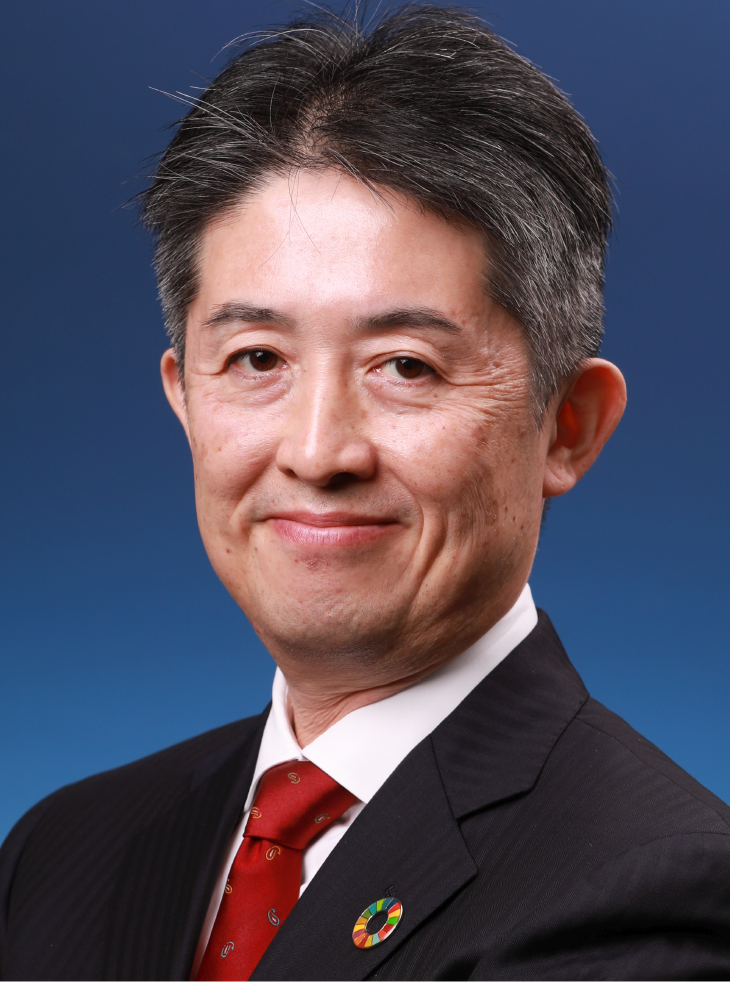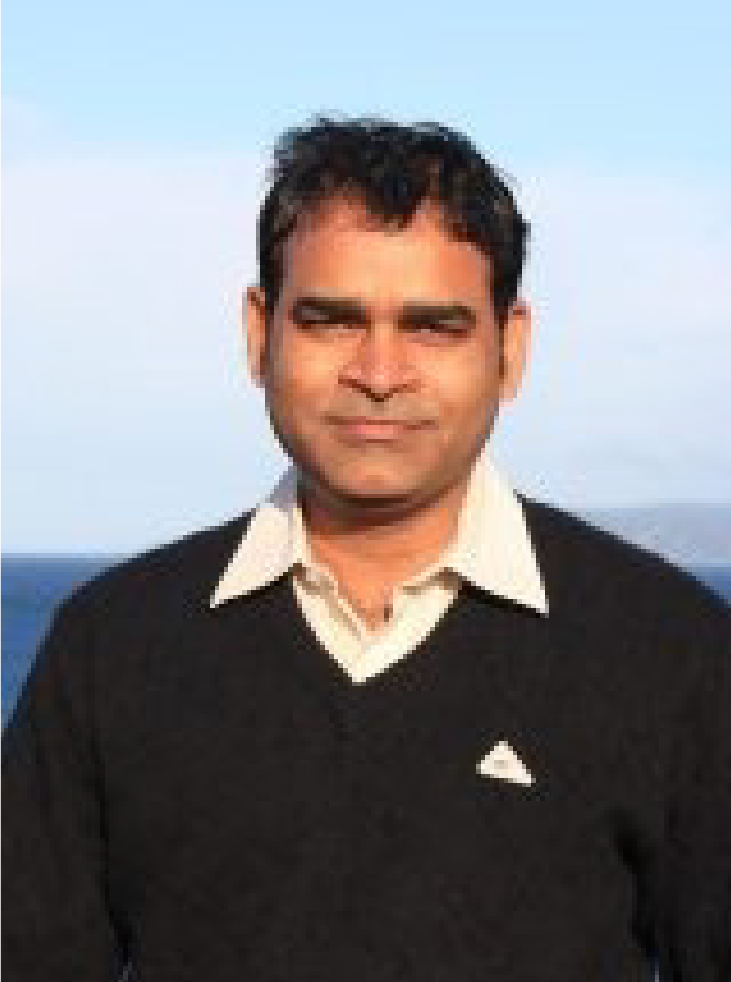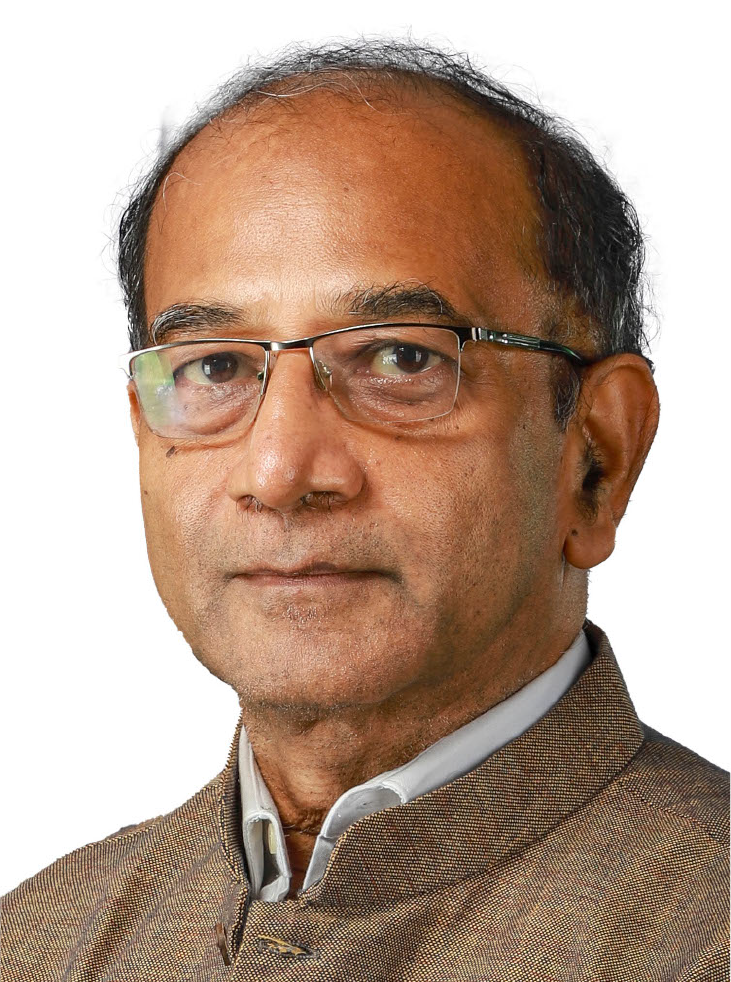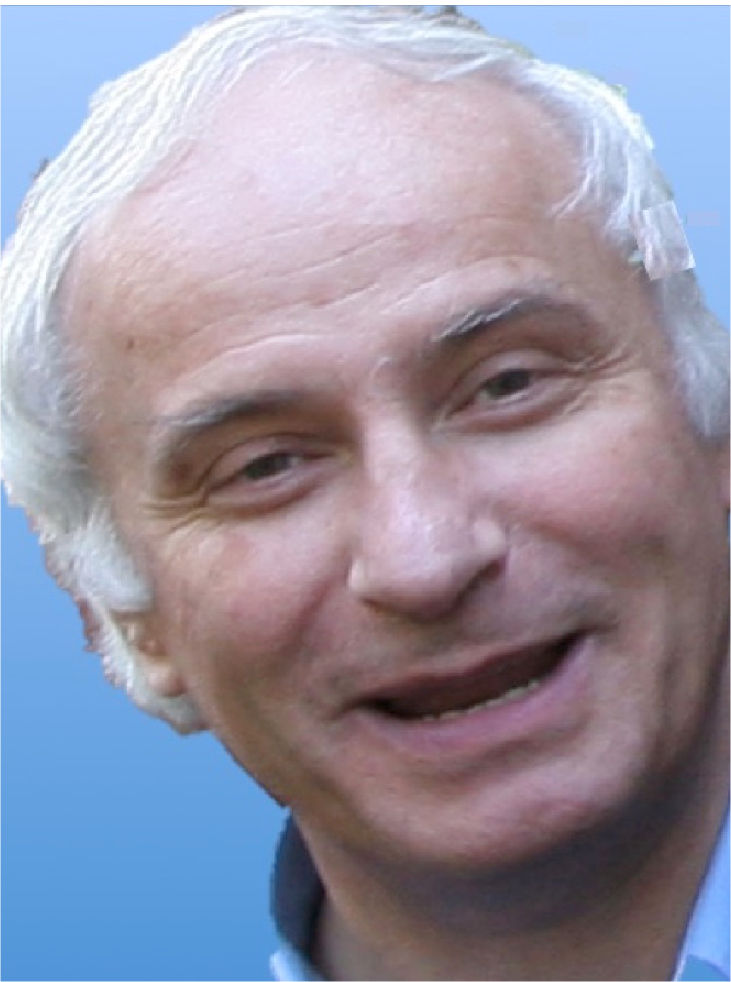

Special Sessions
All times shown are Singapore Standard Time (GMT +8)
Tue-03 Aug | 08:30-10:30 | MR12
SS01 Satellite Radar/SAR Missions for Interdisciplinary Geosciences
Session Description:
Synthetic Aperture Radar (SAR) satellites are making unprecedented contributions to studies of the
Earth as an integrated system through a combination of new and existing observations that are providing
an ever-expanding set of observations about the Earth’s surface and interior, cryosphere, ecosystems,
natural and anthropogenic hazards, terrestrial hydrology, oceans and numerous scientific applications.
Multiple SAR satellite missions were launched and planned to be launched by international space agencies
and space centers, providing enormous datasets for Earth observations that collectively provide global
coverage and interdecadal multi-frequency archives. Advances in both operational and research satellites
are making a significant impact on both scientific understanding and forecasting, thus contributing to
societal benefits in many areas. Given that the lifetimes of these satellite SARs overlap in the past
to the present and into the future, this session will focus on efforts to examine current and upcoming
developments in the international SAR constellation that enable interdisciplinary geosciences and promote
synergies among the different SAR missions that turn the resulting knowledge into scientifically and
societally useful products.
Keywords: Synthetic Aperture Radar (SAR) satellites
Conveners:
Gerald BAWDEN, National Aeronautics and Space Administration (NASA)
Son NGHIEM, Jet Propulsion Laboratory, California Institute of Technology
Lam Dao NGUYEN, Ho Chi Minh City Space Technology Application Center
Invited Speakers:
Shinichi SOBUE
Japan Aerospace Exploration Agency
SS01-A001
"Japan's L-SAR Missions"
Thomas ESCH
German Aerospace Center (DLR)
SS01-A003
"Global Urban Monitoring Based on Radar Satellites - with Data from Space to Informed Decisions"
Vu Anh TUAN
Vietnam National Space Center
SS01-A004
"Introduction of Lotusat (x Band Sar) and Potential Application of Sar Data in Viet Nam"
Paul ROSEN
Jet Propulsion Laboratory
SS01-A005
"The NASA-ISRO Synthetic Aperture Radar (NISAR) Mission: Global Observations for
Interdisciplinary Science and Applications"
Wed-04 Aug | 15:30-18:00 | MR13
SS02 Covid-19 and Geosciences
Session Description:
Combating the Covid-19 pandemic and its possible successors requires a wide range of scientific responses.
Building on their expertises, geosciences communities have already made efforts to contribute and increase
resilience, despite the resulting upheavals they have had also to face.
Presentations invited to this special session will highlight these contributions but will also seek to
identify new developments. These include a better understanding of zoonoses, multiscale, and abnormal
mechanisms of transmission, as well as the role of natural and man-made environmental complexity.
These developments are expected to dramatically improve epidemic surveillance and governance at
different scales, strengthen community engagement and build resilience.
Keywords: Covid-19; Pandemic; Resilience
Conveners:
Daniel SCHERTZER, Ecole des Ponts ParisTech
Vijay Prasad DIMRI, 36th International Geological Congress 2020, New Delhi
Klaus FRAEDRICH, Max Planck Insitute, Hamburg
Invited Speakers:
Taikan OKI
The University of Tokyo
SS02-A001
"Development of a New Discipline on Outbreak Risk Management"
Ravi SRIVASTAVA
Equinor ASA
SS02-A002
"Covid-19 Pandemic: Lessons Learnt and a Perspective from Oil and Gas Industry"
Prabhat RANJAN
D Y Patil International University, Pune
SS02-A003
"Analysis of Covid 19 Data in India"
Jacques DEMONGEOT
Université Grenoble Alpes
SS02-A004
"The Main Environmental Factors of the Covid-19 Outbreak"
David HIGGITT
Beijing Jiaotong University (Lancaster University College)
SS02-A005
"Covid-19 the Disruptor: Impacts on Scientific Associations and the View from AOGS"
